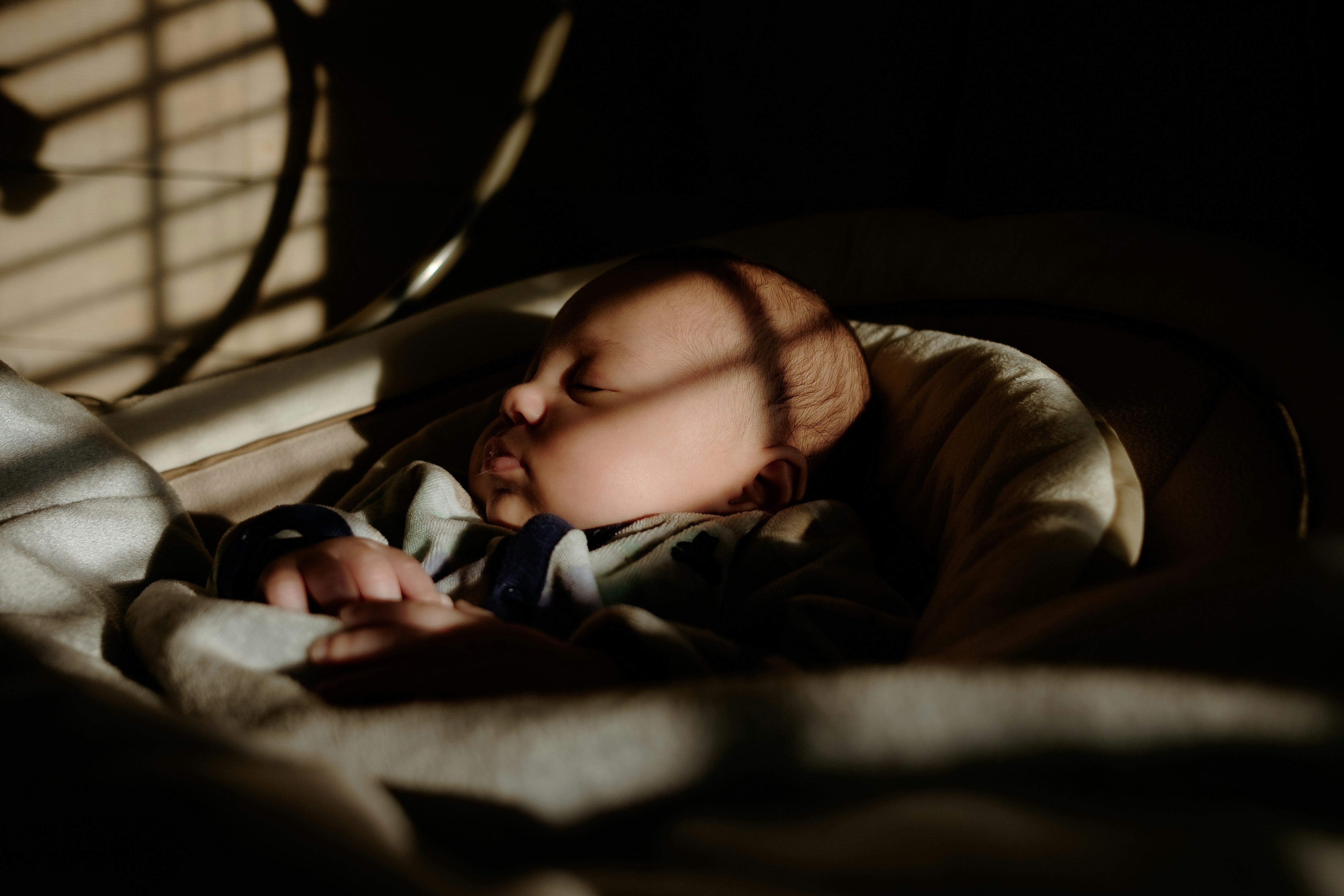
How long can a baby sleep without eating?
Babies' sleep patterns are one of the most common issues that concern new parents. The question of how long a baby can go without food is often particularly worrying. After all, you want to provide your child with sufficient nutrition while also promoting that important night's sleep. In this article, we'll discuss how long babies can sleep without eating and which factors play a role in this.
The sleep and feeding rhythm of newborns
Newborns have very irregular sleeping and eating patterns. Their stomachs are small, so they need to be breastfed or bottle-fed frequently—about every two to four hours. In the first few weeks, it's normal for babies to wake up regularly, both day and night, to eat. Their bodies need a constant supply of energy to grow and develop healthily.
Why is regular feeding so important?
- Rapid growth : Babies grow incredibly quickly in the first few months and therefore need continuous nutrients.
- Stabilizing blood sugar levels : Newborns in particular have low energy reserves and need to eat regularly to keep their blood sugar levels stable.
- Supporting milk production : When breastfeeding, frequent breastfeeding helps the mother maintain milk production.
How long can a baby sleep without food?
The length of time a baby can sleep without feeding depends on several factors:
1. Age of the baby
- Newborns (0–4 weeks): They should generally not go without feeding for more than four hours, even at night. If they don't wake up on their own to feed, they should be gently awakened.
- 1–3 months: Babies at this age can already have slightly longer sleep periods at night, but should generally not go without food for more than five to six hours.
- 3–6 months: Many babies now begin to sleep for longer periods. Some can go six to eight hours without feeding if they have had enough to drink during the day.
- 6 months and older: From this age, many babies no longer require nighttime feedings and can easily go ten to twelve hours without eating. However, there are individual differences here, too.
2. Birth weight and general health
Premature or low-birth-weight babies often have higher energy needs and should therefore be fed more frequently. If the child is ill or struggling to gain weight, it may also be necessary to encourage them to feed more often.
3. Breastfeeding vs. bottle feeding
Breastfed babies tend to ask for food more often than bottle-fed babies. Breast milk is digested more quickly than formula, which is why breastfed babies often have shorter feeding times.
4. Individual differences
Every baby is different. While some babies have longer sleep phases from the start, others still wake every two to three hours even at six months. It's important to address each child's individual needs.
When should you wake the baby?
There are situations in which it may be necessary to wake the baby for breastfeeding or feeding:
- If the baby is premature or has a low birth weight.
- If the baby has problems gaining weight.
- If it shows signs of dehydration (dry lips, little wet diapers).
- In the first weeks of life, when the baby sleeps for more than four hours without drinking.
In these cases, the baby should be gently woken up and encouraged to drink.
Tips to wake your baby to drink
If your baby needs to be woken up to drink, the following methods can help:
- Light stroking or gentle movement of the arms and legs.
- Change a fresh diaper to wake him up.
- Keep the baby in an upright position.
- Encourage skin-to-skin contact by placing the baby on your chest.
- If breastfeeding, gently express the breast to stimulate milk flow.
At what age can a baby sleep through the night?
Many parents wonder when their baby will finally "sleep through the night." However, the term "sleeping through the night" is a flexible one. Medically speaking, it simply means that the baby sleeps for five to six hours at a time—not necessarily the entire night.
Most babies don't sleep for extended periods until between 6 and 12 months, but some children are able to do so sooner or later. A balanced diet during the day, a good sleep routine, and a suitable sleeping space can help your baby sleep better.
Conclusion
How long a baby can sleep without feeding depends on several factors, such as age, weight, developmental stage, and individual predisposition. While newborns should feed every two to four hours, older babies can already have longer sleep phases. It's important to monitor your child's needs and, if in doubt, consult your pediatrician or midwife. Ultimately, every baby develops their own rhythm—and over time, nighttime feedings will become less frequent.


